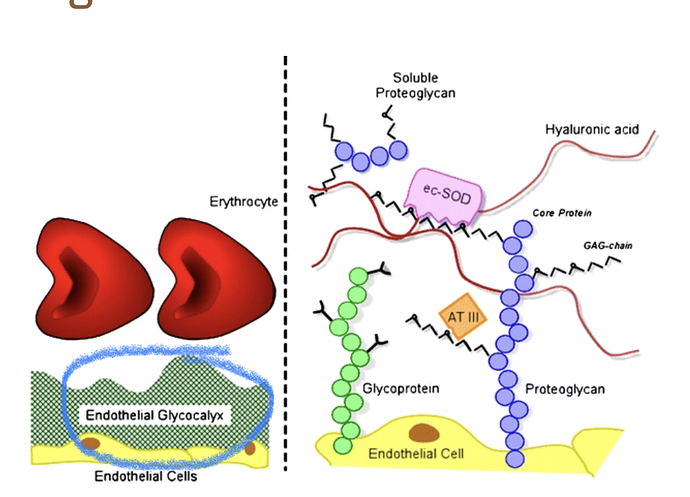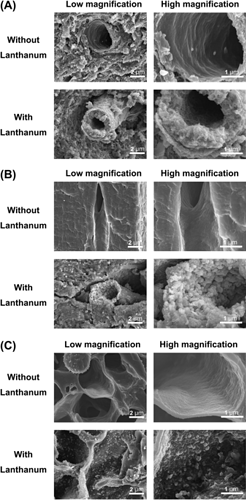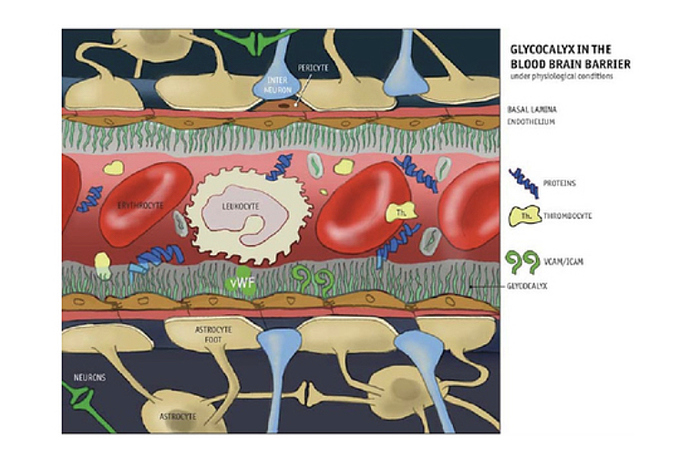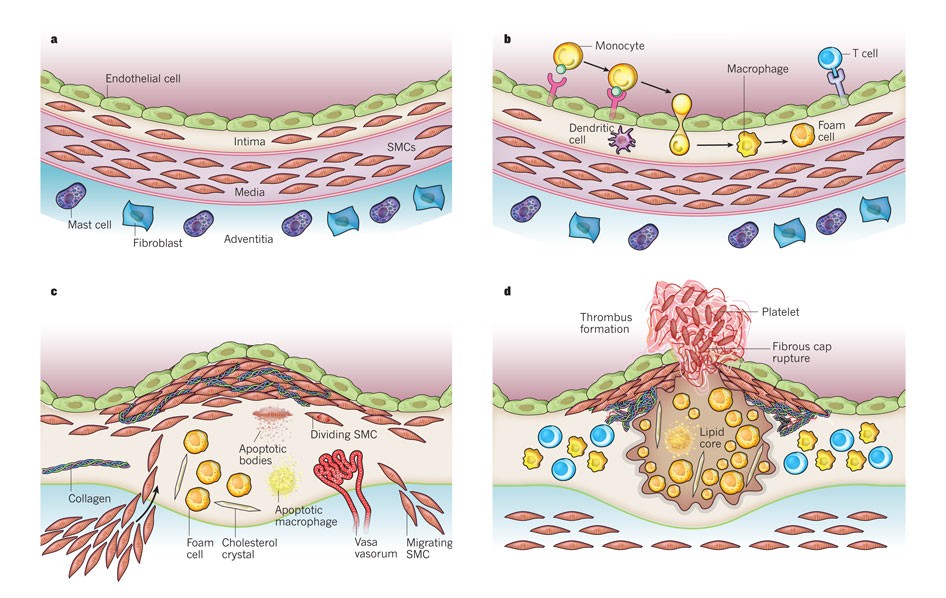Howdy. I’ve been keto on and of for ~6 years. I’ve been pretty strict PKD/KetoAF for 6 months and intermittently before that. I’m a slim young guy with no serious health problems. Fatigue and focus are debilitating if I eat any sugar. So I daresay all of that has cleared up with keto and improvement in my digestive health. If I break any of my diet rules, you bet I can write that days work off as if it were someone else’s - as if a less clever version of myself stole my body for ~24 hours. Also, a tiny amount of carbs (even from liver) can make me crave food for 24 hours.
I’ve recently been eating many meals throughout the day, which is a blessing for all day energy. 5 meals a day doesn’t spike my insulin I guess. I’ve also been playing around with my fat intake. I can eat fat till there’s none left without any digestive trouble. I read around and see some of you eating ~200g’s of fat a day. Every once in a while I’ll do so as well and eat around 300g’s of meat and 200g’s of fat. Other days I’ll eat less fat and less protein. But high fat and 70g’s of protein seems to be the perfect regimen were it not for the problem below.
On these days when I bomb fat, the veins in my upper arms will become protruded and there will be little bumps along the big veins. Like the veins along a bodybuilders upper pecs, except these little bumps/ripples are prominent. If I massage them they feel “crackly”. There are 4-5 of them and they only appear if I eat ~200 grams of fat.
I’ve obviously stopped eating such high fat because I don’t know what’s going on. The problem is that I feel great eating higher fat, and I don’t really know what the limit is. Or how risky eating fat is with this odd condition. I can’t find any other mentions of this. So I’ve stopped playing that game for the moment and scheduled a doctors appointment. Unfortunately I have to wait a couple months for this appt because of COVID.
While I wait for this appt, what do you guys think? The consensus in the community seems to be that fat does no harm in the long run to our arteries. Every post on fat limits suggest that there is none unless you’re worried about weight (which I’m luckily not). Although I would love to agree with the idea that super high fat is fine, I tend to think too much of anything is bad. I’ll report back with my numbers after the appointment.





